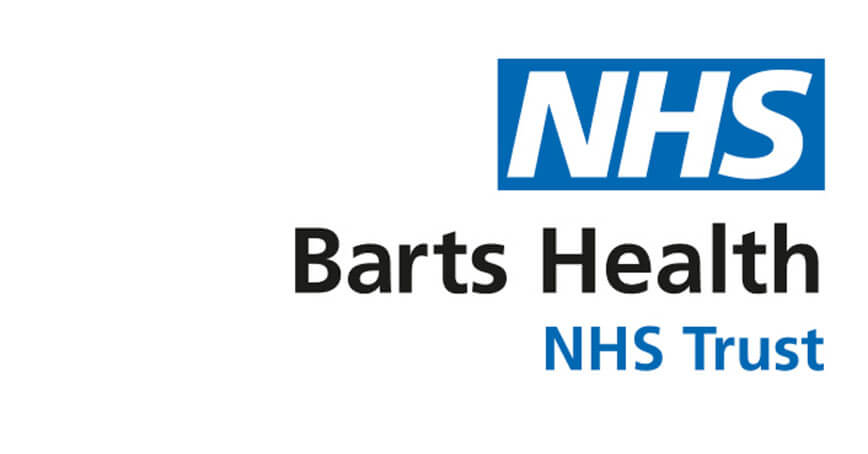2023 Research Award
Pan-London Decade-Long Analysis of Misdiagnosis of Acute Aortic Syndromes (PanDAMAAS)

Project Overview
Recent research within Barts Health NHS Trust has highlighted the critical issue of misdiagnoses surrounding Acute Aortic Dissection (AAD). Using data spanning a period of 10 years, the findings revealed 21 instances where AAD was incorrectly diagnosed. The pilot study yielded significant findings: of all the misdiagnosed patients, half were under the age of 60.
Suggesting a knowledge gap in early detection of younger patients.
Additionally, AAD was overlooked as a potential diagnosis in 90% of the cases. Atypical symptoms, namely flank pain, shortness of breath, mottled lower limb, limb weakness, and syncope, often led to an alternative diagnosis. Alarmingly, classic symptoms such as sudden onset chest pain were mistaken for acute coronary syndrome or pulmonary embolism in half the patients. Some other factors that contributed to misdiagnosis included false reassurances due to normal clinical findings, a reliance on investigations as ‘rule out’ tests, and a confirmatory bias towards investigations suggesting alternative diagnoses. These observations underscore urgent need for improved diagnostic approaches for AAD.
Project Aim
- To accurately quantify the incidence and rate of missed or delayed diagnosis of Acute Aortic Syndromes (AAS) across London Hospitals.
- To identify underlying themes and common factors contributing to these missed or delayed diagnoses.
- To assess the diagnostic value of the D-Dimer test and the AAD-RS (Acute Aortic Dissection-Detection Risk Score) as tools for diagnosing AAS
Simultaneously, the research aims to expand the understanding of AAS, strengthen NHS education related to this condition, and unearth any concealed trends related to these syndromes.
The strategic action plan aims at prioritising early and accurate diagnosis of AAS, which would significantly impact the improvement of patient outcomes. This will be achieved by enforcing a comprehensive and holistic standardised AAS pathway from the initial patient contact to definitive treatment and subsequent follow-up plan. Key strategies include the development of time-bound triage pathways, the creation of additional online learning resources committed to advancing knowledge of AAS among healthcare professionals, and the establishment of an AAS National Registry to collate and store prospective data aiding future research. This project serves as the foundation for potential national research in collaboration with multidisciplinary research networks.
Project Lead
Dr. Farhin Holia
Emergency Medicine Registrar, Barts Health NHS Trust
Farhin is a Senior Registrar in Emergency Medicine and Trauma Care at Barts Health NHS Trust who has a strong record in clinical excellence, quality improvement projects and leadership roles. She holds specialised skills in resuscitation and trauma across adult and paediatric settings. Her passion lies in expanding research on aortic dissection with a bigger picture in mind, and she aims to significantly improve patient outcomes. Farhin served as the chief investigator of a trust-wide research project on Acute Aortic Dissection at Barts Health NHS Trust. This pivotal role, along with her other contributions to the medical field, has earned her numerous awards. Her clinical practice is fuelled by a continual drive to improve medical service delivery and adhere to the highest standards. Her dedication and passion, accentuated by her ambitious vision, lay the groundwork for potentially pivotal AAD research globally.

Join the research panel
Would you like to be part of this and future research projects? As a survivor, relative or family member who has lost a loved one to AD, your experience and opinion are vital.


Privacy Policy | Accessibility
The Aortic Dissection Charitable Trust
Registered charity in England & Wales No. 1191420
Registered charity in Scotland No. SC051517
PO Box 812, Hope Valley, Chesterfield S40 9QY
The information and materials on this site are for general information purposes only. This site is not designed to provide individual medical advice, diagnosis or treatment. If you have any concerns, please speak to your GP. If you believe you have a medical emergency, call 999 immediately.

